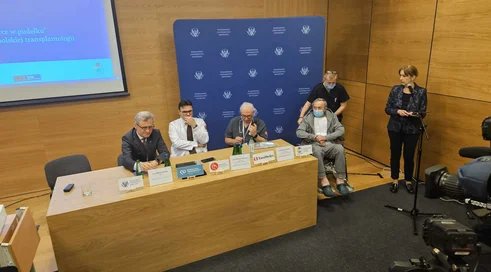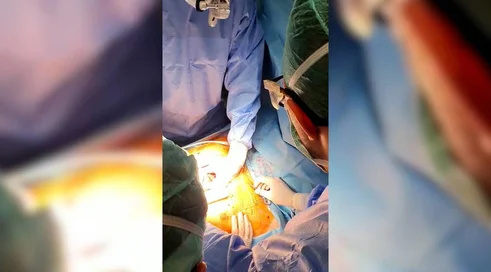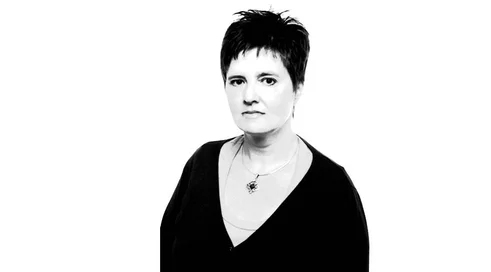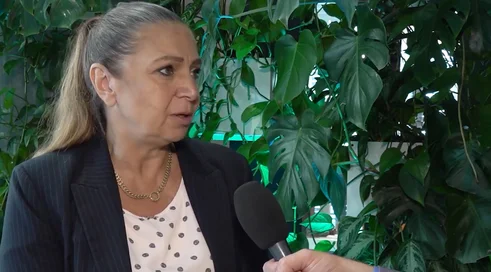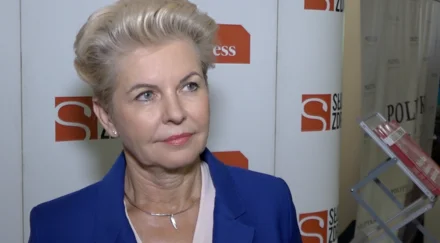Not just "rushers"
This year, among the invited experts taking part in the debate were Prof. Justyna Kowalska, MD, from the Department of Infectious Diseases for Adults at WUM, Prof. Piotr Galecki, MD, national consultant in psychiatry, Magdalena Nehring-Gugulska, MD, president of the Foundation for Creative Women and the Center for Lactation Science, Aleksandra Wesołowska, MD, PhD. o zdr. Aleksandra Wesołowska, President of FBMK, Head of the Laboratory for Research on Breast Milk and Lactation, Joanna Kozakiewicz, lactation consultant (IBCLC), doula, as well as Justyna Mieszalska, President of WUM Medical Center and Malgorzata Perl, President of Excersice is Medicine Poland Foundation, who acted as moderators.
The discussion began with Malgorzata Perl noting that the group we first think of as children at risk of not being breastfed are premature babies, which is almost one in eight children in Poland. For them, however, breast milk is more than food....
- Indeed, in their case it is almost a cure. Based on research, we know that babies born prematurely fed naturally get good therapeutic results faster than their peers fed artificially. This is due to the composition of breast milk, in which, in addition to the most important nutrients, we also find immunomodulating components. For this reason, in the absence or scarcity of biological mother's milk, the first choice should be to supplement the baby's diet with another mother's milk from a milk bank , Dr. Wesolowska explained. The expert also pointed out that it is difficult to estimate how many mothers of premature babies have impaired lactation due to the lack of data monitoring the diet of children born prematurely in Poland.
- In fact, since Prof. Krystyna Mikiel-Kostyra's research, i.e. 1997, we have no nationwide epidemiological studies on breastfeeding in Poland collected according to World Health Organization (WHO) guidelines. On exclusive breastmilk feeding, we only have data from local studies, albeit methodologically correct, and the conclusions are sad... Although most mothers start breastfeeding after birth, the percentage of children fed artificially in hospitals is high, ranging from 50 to 70 percent. - Dr. Nehring-Gugulska commented.
Although the list of beneficiaries of milk from a milk bank, in addition to premature and long-treated children, includes other groups of...
Content locked
To gain access to the complete English section of the Medexpress.pl, kindly reach out to us at english@medexpress.pl.





